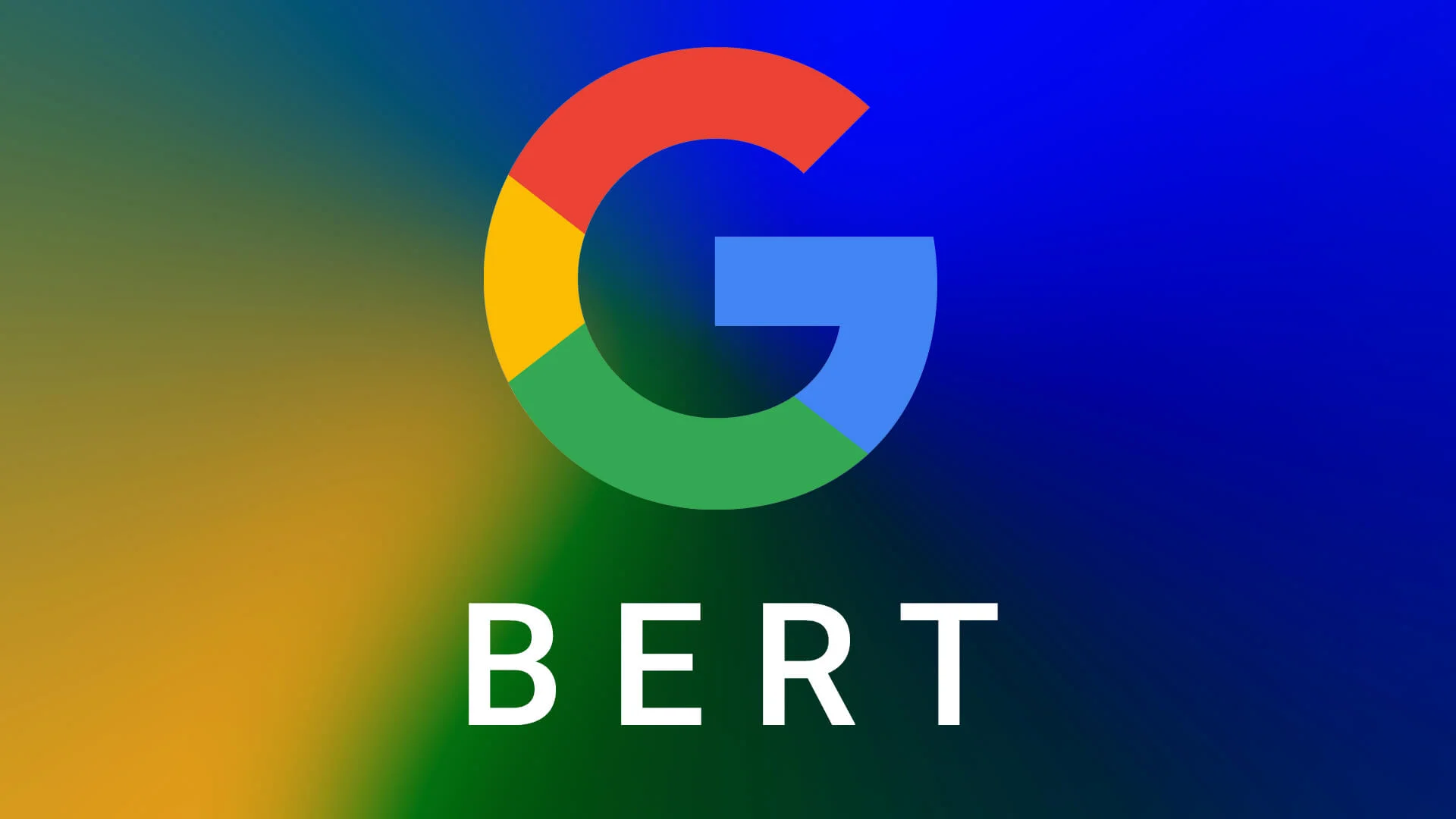
Nowadays in digital marketing and for creative digital marketing agency, staying ahead of search engine algorithms is crucial for content creators and businesses alike. One of Google’s significant advancements in recent years is the Google BERT algorithm. This blog aims to provide a comprehensive exploration of Google BERT algorithm– what it is, how it works, and the profound impact it has on content strategy.
Understanding Google BERT Algorithm
BERT, which stands for Bidirectional Encoder Representations from Transformers, represents a breakthrough in natural language processing. Unlike its predecessors, BERT comprehends the context and nuances of words within a sentence, considering the relationships between them. In simpler terms, it understands the full context of a query, providing more relevant search results.
The Power of Context: How BERT Works
Traditional search algorithms relied heavily on keywords and their frequency to determine relevance. Google BERT algorithm, on the other hand, focuses on the context in which words appear. It considers the entire sentence rather than isolated keywords, making it more adept at understanding user intent.
Google BERT algorithm utilizes a transformer neural network architecture, enabling it to analyze words in relation to one another. By grasping the intricacies of language structure, BERT refines search results, ensuring users receive content that precisely addresses their queries.
The Impact on Search Queries: User Intent is Paramount
With BERT in play, the emphasis shifts from matching keywords to understanding user intent. Search queries become more conversational, resembling natural language. Content creators must adapt by crafting material that aligns with the way people speak and ask questions.
Long-tail keywords and phrases gain prominence as BERT favors a more contextual understanding of queries. Brands need to identify and integrate these conversational elements into their content to enhance visibility and cater to the evolving search landscape.
BERT and Content Quality: Striving for Relevance and Value
Quality content has always been a cornerstone of effective digital marketing, and BERT accentuates its importance. The algorithm rewards content that provides value, aligns with user intent, and comprehensively addresses the query.
Content creators should focus on in-depth, informative pieces that answer user questions. Building authority on a topic and establishing expertise become pivotal in the BERT era. Google aims to serve users with content that not only matches keywords but genuinely enriches their online experience.
Optimizing for BERT: Practical Strategies for Content Creators
Natural Language Integration: Craft content in a conversational tone, aligning with how users phrase their queries. Understand the user’s perspective and anticipate their questions.
Long-Form Content: Develop comprehensive, long-form content that thoroughly covers a topic. BERT favors in-depth material that caters to the user’s informational needs.
Semantic SEO: Embrace semantic SEO strategies by incorporating related terms and concepts. BERT’s contextual understanding rewards content that delves into the broader subject matter.
User-Centric Approach: Prioritize the user experience by creating content that genuinely addresses their queries. Aim for content that users find valuable, informative, and engaging.
The Future of Content Strategy: Adapting to BERT’s Evolution
As Google continues to refine and update BERT, content creators must remain agile in their strategies. Regularly monitoring algorithm changes and adjusting content approaches accordingly will be essential.
Voice search, with its natural language queries, is gaining momentum. BERT aligns seamlessly with this trend, and content creators should prepare for a future where users interact with search engines conversationally.
Conclusion
Google’s BERT algorithm signifies a paradigm shift in the way search engines understand and respond to user queries. Content creators who embrace this change by prioritizing user intent, creating valuable content, and staying informed about algorithmic updates will thrive in the evolving landscape of digital marketing. The journey into the BERT era is an opportunity for innovation and a reminder that, ultimately, the user’s experience is at the heart of effective content strategy.


